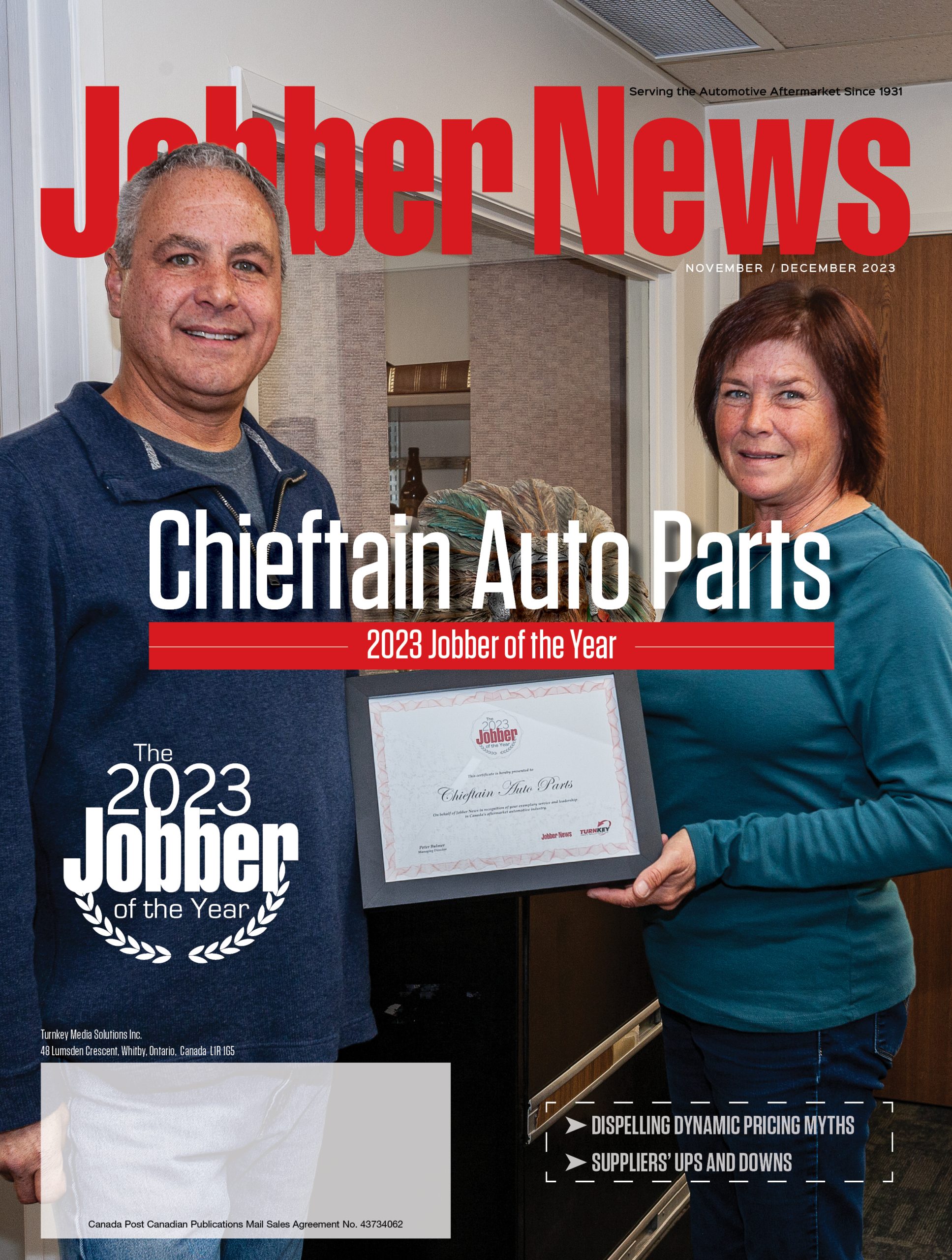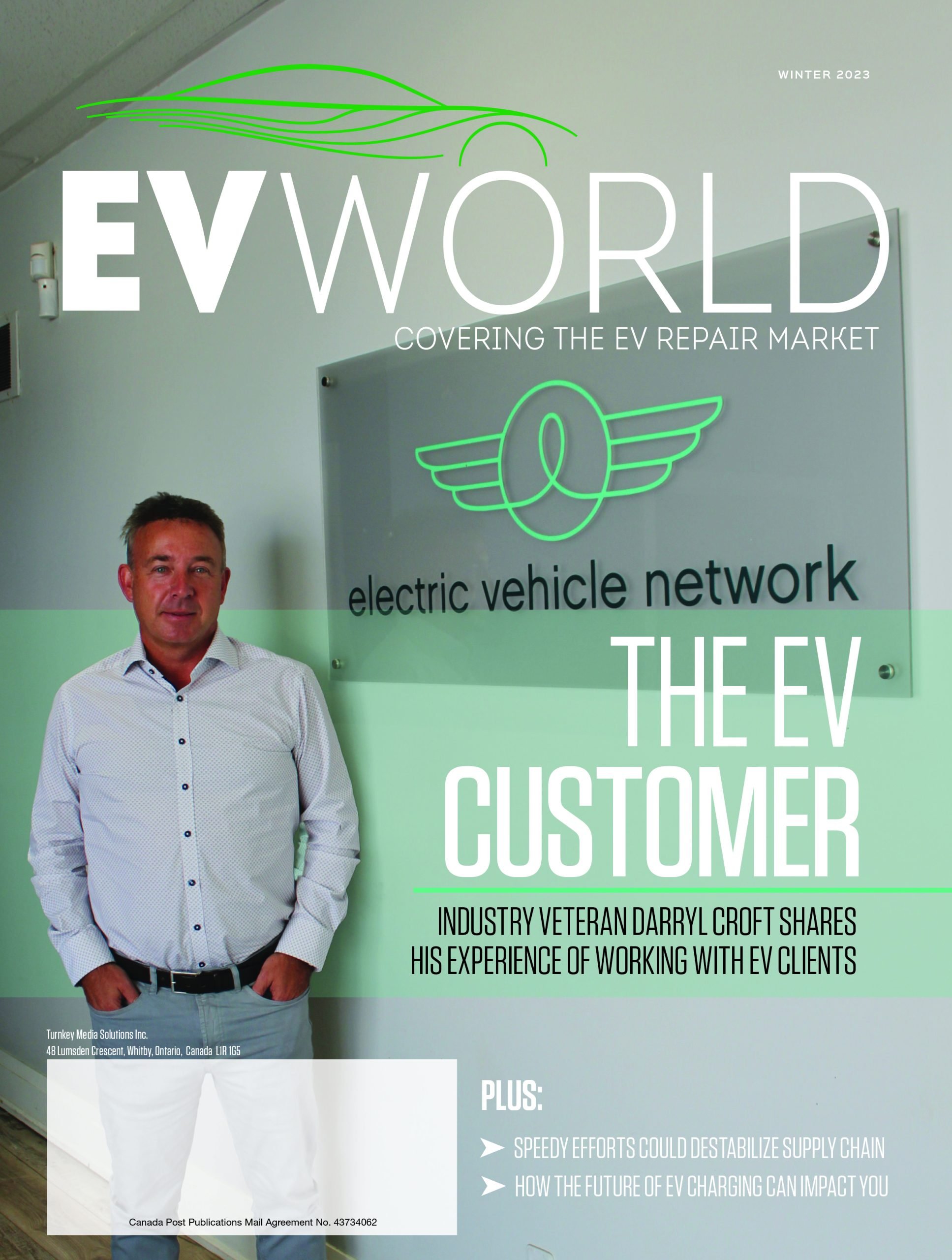
How The EV Ownership Boom In Australia Is Changing Traditional Servicing Models

Australia’s auto industry is undergoing a profound transformation. Central to this shift is the dramatic rise in electric vehicle (EV) ownership, and the knock-on impact on the traditional vehicle servicing sector. It necessitates an innovative approach to meet the evolving demands of modern drivers.
A good example is the specialist mechanics across Australia who are converting petrol and diesel cars to eco-friendlier electrical versions. Electric engines and batteries are being retrofitted to everything from classic cars to camper vans and utes. Experts believe this could also be the future for fleet vehicles like trucks.
Although many were skeptical about the introduction of EVs, it’s slowly becoming popular among motoring enthusiasts. This article discusses how the surge in EV adoption is reshaping conventional servicing models and stimulating new business strategies.
The rise in EV popularity
In recent years, Australia has experienced a dramatic upswing in the popularity of electric vehicles. Market forecasts predict this trend will continue, with EVs expected to account for a significant portion of new car sales in the next decade.
Moreover, with state and federal governments assisting people with tax breaks for owning an EV, such as the fringe benefits tax exemption on EV novated lease, buying into the trend is becoming easier.
This surge is prompting drastic changes in the vehicle servicing industry. It demands groundbreaking solutions to cater to the unique needs of EVs and their owners.
Shifting servicing needs of EVs
EVs have fewer moving parts than their traditional internal combustion engine (ICE) vehicle counterparts. This can mean less potential for wear and tear. As a result, electric cars generally require less regular maintenance. This fundamentally challenges the conventional servicing models built around ICE vehicles.
The typical routine services such as oil changes, radiator flushes, and transmission servicing also don’t apply to EVs, marking a significant shift in the servicing business landscape.
For example, almost two-thirds(65%) of Tesla owners in Australia said they didn’t need regular maintenance or servicing of their EVs, according to a survey by Statista. Undoubtedly, this saves the EV owner on transport costs but represents a challenge for some mechanics
The digital and connected nature of EVs
The advanced digital features of electric vehicles makes them high-tech machines. Mechanics now need new skills for servicing these vehicles. Instead of the usual image of grease-covered mechanics working on car engines, you’ll see technicians with laptops, identifying software problems and updating vehicle systems.
Despite the exciting technology in electric vehicles, there are some drawbacks. One key issue is that manufacturers are having difficulty meeting the rapidly-increasing demand for EVs.
According to IBISWorld, modern cars contain dozens of microchips, and suppliers are struggling to produce enough to meet the demand.
The pivot in the Australian auto-service sector
With EVs becoming more prevalent, the scarcity of EV-qualified technicians is already a challenge.
To remain competitive, businesses in the car service industry are re-evaluating their business models and addressing this shortage in two ways:
• By investing in staff training on new technologies
• Investing in the appropriate tools and equipment to service these technologically-advanced vehicles
While smaller servicing businesses may be less able to invest in these kinds of changes in the short-term, the gradual transition of Australia’s vehicle fleet from ICE to EV vehicles means providers will have an opportunity to adapt their operations over time.

Redefined customer expectations
The emergence of EVs also redefines customer expectations. Their focus is shifting towards convenience and digitisation, with an increased emphasis on connectivity and software. EV owners are now looking for service providers that can offer the following services:
• Software updates
• Digital diagnostics
• Regular physical maintenance
Businesses that provide mobile servicing options, online booking systems, and personalised service plans will be best equipped to capitalise on the evolving market.
The rise of sustainable servicing practices
The growth in EV ownership is also encouraging an increased emphasis on sustainability within the vehicle servicing industry. More and more repair shops are becoming eco-friendly by incorporating sustainable practices such as recycling and responsible waste management.
Because EV owners are often more environmentally conscious, businesses that adopt sustainable practices can differentiate themselves and attract this growing demographic.
The expansion of charging infrastructure
The rise of EVs necessitates the expansion of charging infrastructure in Australia. For those looking for opportunities, it presents another avenue for growth in the servicing sector.
Establishing charging stations and offering charging solutions (such as maintenance services) can open new revenue streams for businesses in the vehicle servicing industry.
Collaborative servicing models
Lastly, new partnerships between vehicle manufacturers, dealerships, and servicing businesses are becoming increasingly common. Manufacturers are more active in the servicing space, often offering service packages and warranties with new EV purchases.
This evolution promotes a collaborative model, providing more comprehensive customer service.
In conclusion
The future of the vehicle servicing industry in Australia is being revolutionised. But even though the market looks different to the traditional servicing model, many new opportunities are emerging.
Providers that embrace and leverage these changes to better cater to EV owners’ new needs will survive and thrive in this burgeoning market.
.png)







Have your say: